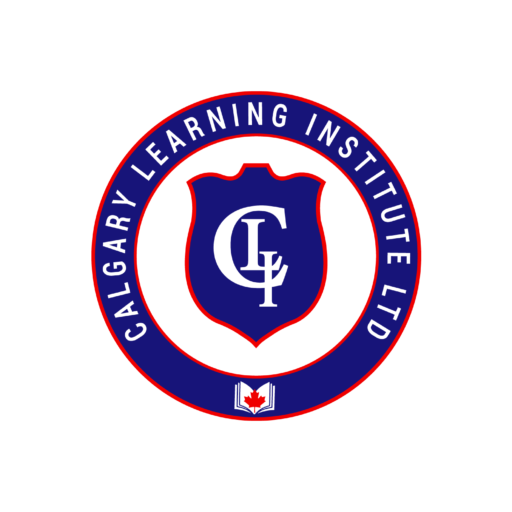The Android Programming course covers the necessary topics to help you understand the underlying architecture of the SDK and to appreciate why things are done in certain ways.

The Beginning Android Programming with Android Studio course and lab is designed for Android developers who want to start developing applications using Google's Android SDK. The lab can be mapped to any course, textbook, or training, therefore adding value and a hands-on component to training.
The Android Programming course covers the necessary topics to help you understand the underlying architecture of the SDK and to appreciate why things are done in certain ways.
Lesson 1: Introduction
Who This Book Is For
What This Book Covers
How This Book Is Structured
What You Need to Use This Book
Conventions
Lesson 2: Getting Started with Android Programming
What is Android?
Obtaining the Required Tools
Launching Your First Android Application
Summary
Lesson 3: Using Android Studio for Android Development
Exploring the IDE
Using Code Completion
Debugging Your Application
Publishing Your Application
Summary
Lessons 4: Activities, Fragments, and Intents
Understanding Activities
Linking Activities Using Intents
Fragments
Displaying Notifications
Summary
Lesson 5: Getting to Know the Android User Interface
Understanding the Components of a Screen
Adapting to Display Orientation
Managing Changes to Screen Orientation
Utilizing the Action Bar
Creating the User Interface Programmatically
Listening for UI Notifications
Summary
Lesson 6: Designing Your User Interface with Views
Using Basic Views
Using Picker Views
Using List Views to Display Long Lists
Understanding Specialized Fragments
Summary
Lesson 7: Displaying Pictures and Menus with Views
Using Image Views to Display Pictures
Using Menus with Views
Using WebView
Summary
Lesson 8: Data Persistence
Saving and Loading User Preferences
Persisting Data to Files
Creating and Using Databases
Summary
Lesson 9: Content Providers
Sharing Data in Android
Using a Content Provider
Creating Your Own Content Providers
Using the Content Provider
Summary
Lesson 10: Messaging
SMS Messaging
Sending Email
Summary
Lesson 11: Location-Based Services
Displaying Maps
Getting Location Data
Monitoring a Location
Summary
Lesson 12: Networking
Consuming Web Services Using HTTP
Consuming JSON Services
Summary
Lesson 13: Developing Android Services
Creating Your Own Services
Establishing Communication Between a Service and an Activity
Binding Activities to Services
Understanding Threading
Summary
Lesson 14: Video Tutorials
Getting Started with an Android Phone
Brief Introduction to an Android Phone
Android Screen
Using Stylus with an Android Phone
Android Camera
Using Gestures to Interact with an Android Phone
Using Keypad to Interact with an Android Phone
Contacts in an Android Phone
Messaging in an Android Phone
Getting Connected to the Internet
Getting Started with an Email Application in an Android Phone
Music App
WrapUp
Our Philosophy
At Calgary Learning we realize that quality of teaching and tutoring demands more than just academic expertise on the part of the teachers and tutors. The key to establishing a foundation for learning development is a warm and positive relationship with students without fostering dependency.
We provide them with clear structure, techniques, and strategies to approach challenging material. By stimulating the learning process, we are able to help students gain the self-awareness needed to succeed in applying strategies independently.
Teachers and Tutors at Calgary Learning focus on identifying the students’ strengths while addressing the areas that need attention. Our focus is a holistic approach to the total learning process, rather than solely on deficits. CLI students are motivated to learn and enjoy tackling challenging assignments.
They are actively involved in their own learning/tutoring program. Current assignments are addressed while students gain transferable skills. They are also encouraged to set attainable goals and to work towards meeting them.
Our History
In 1995 Sherma Jeffrey-Ryan started with the vision of reaching and empowering children through education. First, she focused on the underprivileged children who were failing in the traditional school system. She started tutoring at home and she quickly realized that the need was greater than she had envisioned. Later, Calgary Learning Institute moved to a larger educational facility with a computer lab and a library to accommodate and enhance the learning experience of many students.
In 2010 CLI partnered with a testing company to deliver the MCAT, and after a few years, the company expanded to add more tests. Today Calgary Learning has two fully equipped computer labs with 25 networked computers. It is a Select Testing Site for Pearson Vue and a preferred site for PAN, PSI, Kryterion, Prometric, Scranton, and Assessment Systems.
The company has also added external university and college proctoring services and online Information Technology online courses, practice tests, and labs. We provide excellent quality training and testing experience for all students.
Our goal is to eliminate poverty through education by offering individualized training programs in English, adult workplace training, computer skills and tutoring to help students and adults gain the skills and confidence to be successful.
© 2025 coursetakers.com All Rights Reserved. Terms and Conditions of use | Privacy Policy